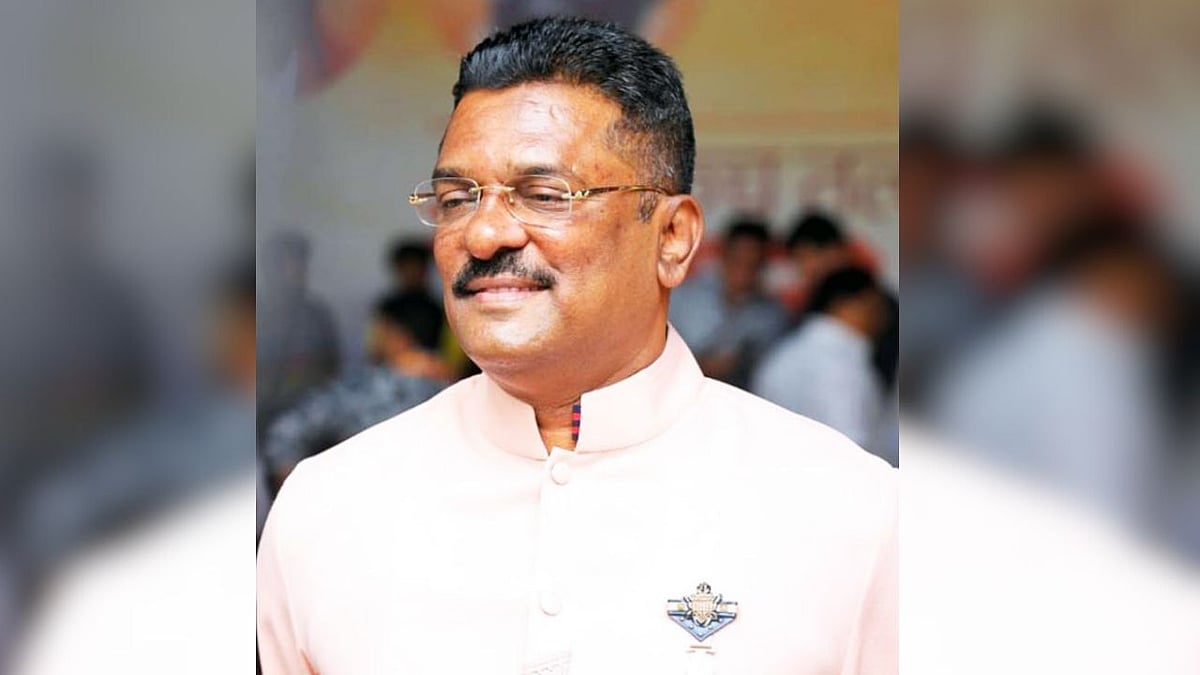Established in 1948, the State Transport Corporation (STC) has come a long way in the past 77 years now catering to the needs of around 55 lakh commuters travelling in ST buses across multiple routes in six states. However, ST buses and depots have always been on the radar for erratic, shoddy services and losses, coupled by accidents.
Suresh Golani of The Free Press Journal spoke at length with Transport Minister Pratap Sarnaik who seems to have shifted gears to focus on comfort, punctuality and profits. This apart from focusing his attention on other transport related issues. Here are the excerpts of the interview.
Q: The STC is constantly facing losses. Can its financial condition be strengthened, if yes what are the options.?
A: Yes, the corporation which continues to stare at losses is compelled to reach out to the state government for funds. But I strongly believe that if private bus operators can make profits the STC can also become financially viable by enhancing existing facilities and suitable use of available resources.
Apart from preparing plans for tapping new sources of revenue generation like- advertising, proper utility of 1360 acres of State Transport Board land via three tier development of 66 sites one each in district, taluka and rural is also being processed.

Q: Shoddy toilets at bus depots across the state have been a point of concern. How can this problem be resolved.?
A: The fact that cleanliness has been neglected owing to financial restraints in the last few years cannot be denied. Since cleanliness is directly related to the health of commuters, standing instructions have already been issued that there should be no compromise on hygiene. In fact, during my visits, I personally inspect the toilets first at bus depots.
Apart from providing e-toilet facilities at all bus stations, professional agencies are being roped in to ensure cleanliness of buses and washrooms. You will definitely witness a radical change in the form of modern, clean and hygienic toilets at all bus stations in coming years. Enhancing safety measures especially for women, children and senior citizens is also on top of our agenda.

Q: Your visit to Gujarat and admiration of bus ports had been a topic of discussion. Is the transport ministry considering replication of the Gujarat model.?
A: You will be surprised to learn that the condition of buses in Gujarat were once similar to our ST. However, the Gujarat government went ahead and transformed the entire scenario by introducing the concept of Bus Ports.
Toeing similar lines, we are planning to introduce modern bus terminals on a public-private partnership (PPP) model with a thrust on designs incorporated with airport-like infrastructure and amenities. We will also emulate air-conditioned bus service run by the Karnataka government.

Q: What challenges does the ministry face for the progress of STC?
A: This public transport system for the 12.83 crore odd populace in the state needs to change with time. The transport system of our neighboring states has witnessed much more progress. This needs overall participation and a positive approach mainly by politicians and bureaucrats.
However, our progress is hindered by the negative and outmoded mentality of a section of officials. To counter this, we have reshuffled officers as a move towards a zero-tolerance policy against laxity towards ensuring proper amenities and proper implementation of commuter-centric amenity initiatives.

Q: Are there any plans to provide air-conditioning facilities on the Mumbai-Goa highway?
A: Currently, the work on the Mumbai-Goa highway is underway. This route will be completed soon paving way to launch the service of modern Volvo buses on this route. In the first phase, 100 buses will be operated.
The corporation will not purchase these buses. Rather, this service will be started through that company. A survey was underway to assess the feasibility of connecting this service to other cities related to industries and businesses.
Q: Everyone is excited about “Pod Taxi”, Please Throw Some Light on This Concept.
A: Several cities including the Mumbai Metropolitan Region (MMR) are undergoing rapid urbanization and the existing road transport system is becoming inadequate to cope with the growing population. In the future, ground transportation will have its limitations and air transport will become important as an alternative transport system.
Pod Taxi is an eco-friendly elevated public transport solution to urban mobility and connectivity through automated mechanisms designed to decongest traffic in densely populated areas by using minimal space on roads. Mooted by deputy chief minister-Eknath Shinde, the first pilot taxi project will soon start in Bandra-Kurla and be replicated in the twin-city of Mira Bhayandar. Pod Taxis travel at a speed of 60 to 70 km per hour on the virtue of onboard electric motors and battery system.
The ministry of road transport and highways (MoRTH) has established a dedicated committee which focuses on developing and recommending standards and specifications for the country’s personal rapid transport (PRT) which are also known as pod-cars or pod-taxis.
